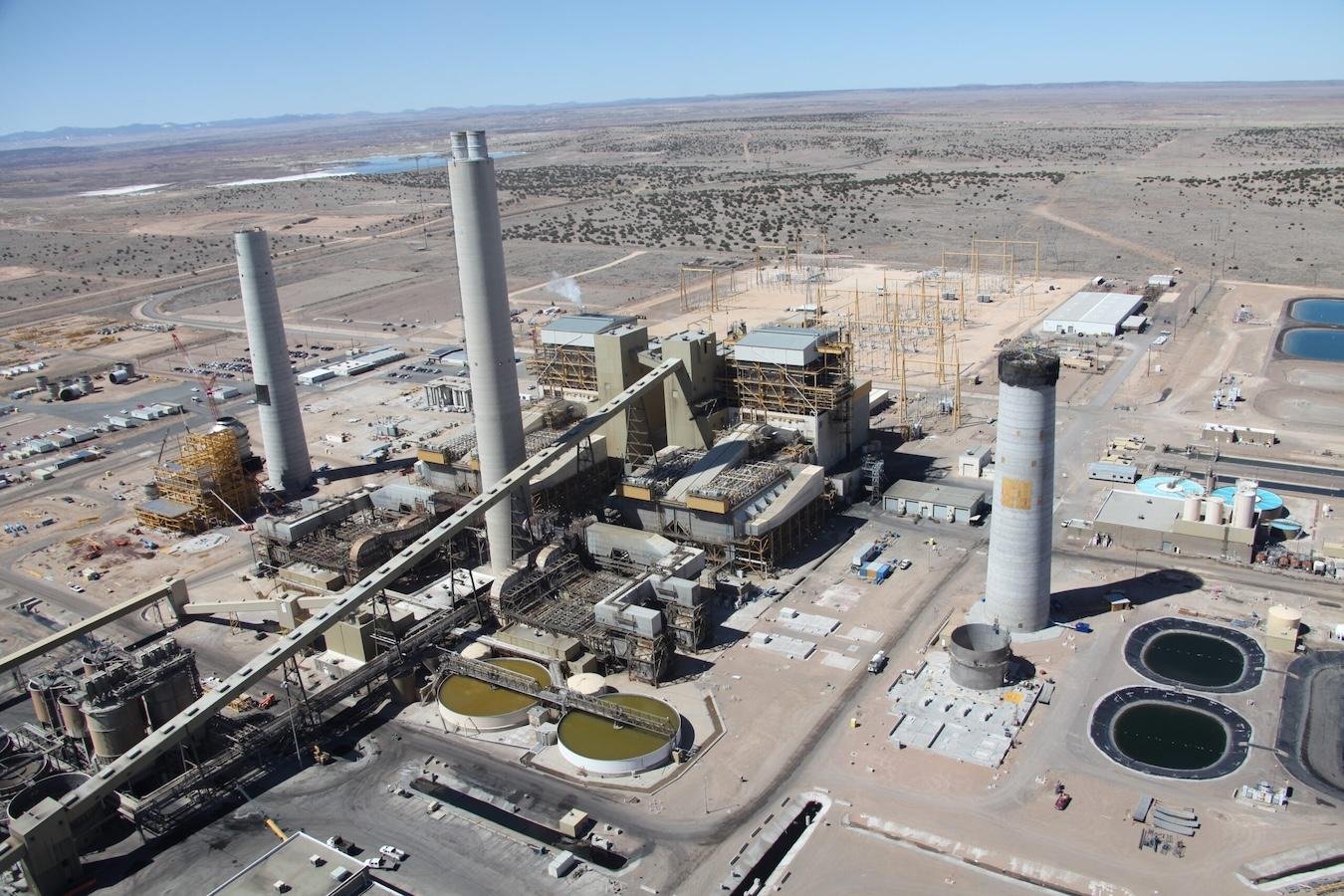Business
Trump Promises to Dismantle Coal Regulations, Threatening Climate Change Efforts

By 2032, operators of coal-fired and new gas-fired power plants must cut greenhouse gas emissions by 90% under a rule issued by the Biden administration. This regulation was designed to combat climate change by mandating significant reductions in emissions.
However, President-elect Donald Trump has expressed intentions to revoke this rule shortly after his inauguration on January 20. He described the regulations as part of an “anti-American-energy crusade,” pledging to dismantle what he sees as barriers to power plant operations.
The U.S. currently ranks second in greenhouse gas emissions globally, trailing only China. A report from the Global Carbon Atlas revealed that U.S. emissions reached 6,343 million metric tons of carbon dioxide in 2022, with Maricopa County contributing 46.8 million metric tons, according to the local Air Quality Department’s 2020 report.
Electricity generation alone accounts for 30% of the country’s energy-related CO2 emissions, as per the U.S. Energy Information Administration. The Biden administration’s regulations extend beyond emissions, also addressing the disposal of toxic coal ash and reducing contamination from mercury and other pollutants.
The rules operate under authority granted by environmental statutes including the Clean Air Act and Clean Water Act. Critics, however, are voicing concerns about Trump’s plan to repeal these protections. Jason Rylander, legal director at the Center for Biological Diversity’s Climate Law Institute, warned that such a reversal would lead to worse air quality and detrimental health effects in communities near power plants.
Historically, Trump’s administration has pursued policies that roll back emission regulations established under Barack Obama’s presidency. This includes the replacement of the Clean Power Plan with the less stringent Affordable Clean Energy rule in 2019, and the U.S. withdrawal from the 2015 Paris Agreement.
Political tensions around climate regulations have intensified, particularly after the Supreme Court recently rejected efforts by Republican-led states to block Biden’s new power plant rules. Rylander emphasized that repealing these regulations would hinder U.S. commitments under the Paris Agreement, which aims to mitigate pollution from coal plants and promote cleaner energy sources.
Despite Trump’s potential changes, experts like Arizona State University engineering professor Klaus Lackner predict minimal impact on the coal industry. Due to the competitive rise of cheaper and cleaner natural gas, coal plants are steadily becoming obsolete. “Coal-fired power plants are not competitive and are shutting down,” Lackner stated, citing the economic challenges facing coal energy.
Arizona’s energy landscape has shifted dramatically; in 2023, coal accounted for only 10% of the state’s electricity, down from 38% a decade earlier. Natural gas now leads as the primary energy source at 46%, followed by nuclear at 27% and solar at 10%. Major utilities are canceling coal projects, like the closure of the Navajo Generating Station by Salt River Project and Arizona Public Service’s plans to shut down the Cholla Power Plant next year.
The April regulations introduced varying mandates based on the expected operational lifespan of coal plants. Facilities set to close by 2039 must reduce carbon emissions by 16% by 2030, while those aiming to remain operational beyond 2039 face a 90% reduction target by 2032. According to the EPA, these measures could eliminate up to 1.38 billion tons of carbon emissions through 2047 and prevent significant health issues, including premature deaths and asthma attacks.
Despite the benefits of these regulations, natural gas remains a concern. Although cleaner than coal, it still produces CO2 and can leak methane during production, offsetting some environmental gains. While carbon scrubbers offer a potential solution for existing coal plants, the technology is costly and not yet fully developed.
Successful implementations of carbon capture have been demonstrated in Canada, where retrofitting has resulted in substantial emissions reductions. However, the overall shift away from coal and toward cleaner energy sources remains imperative, according to environmental advocates like Rylander. “We need to phase out all dirty fossil fuel projects, including natural gas,” he remarked.


















